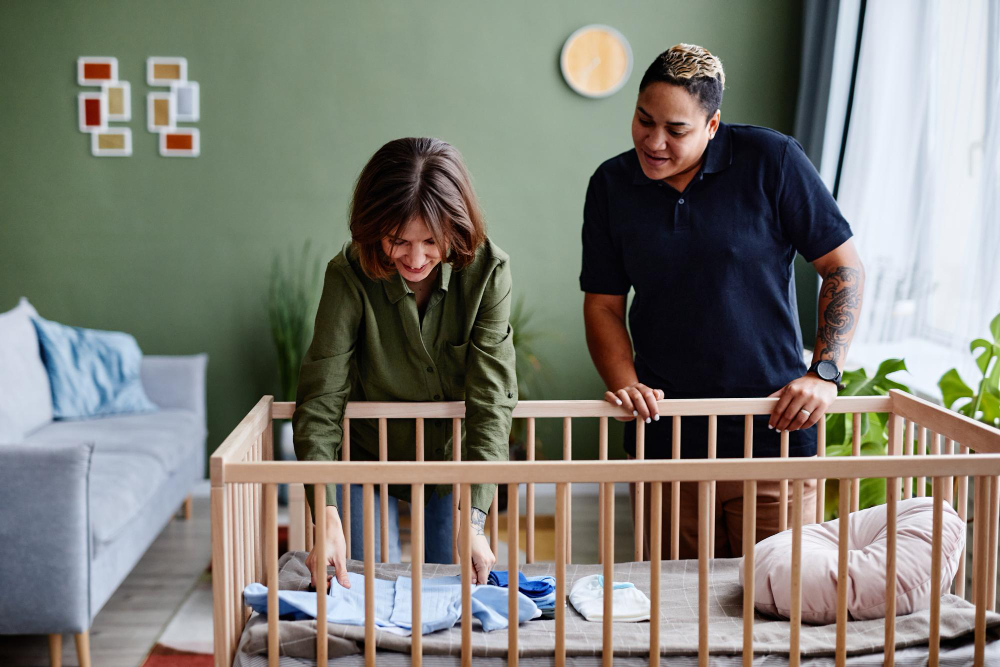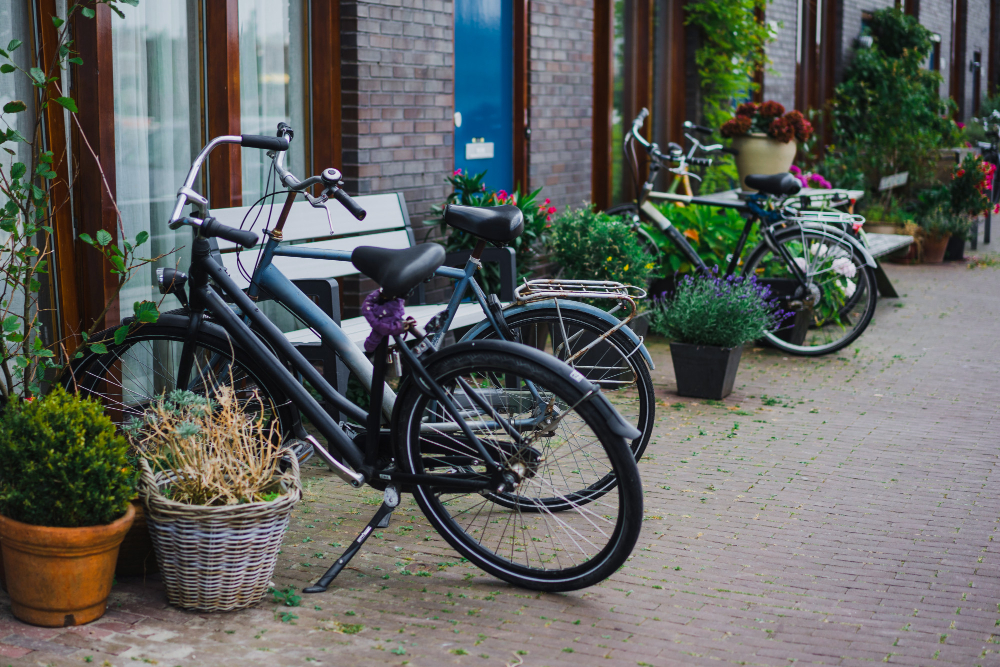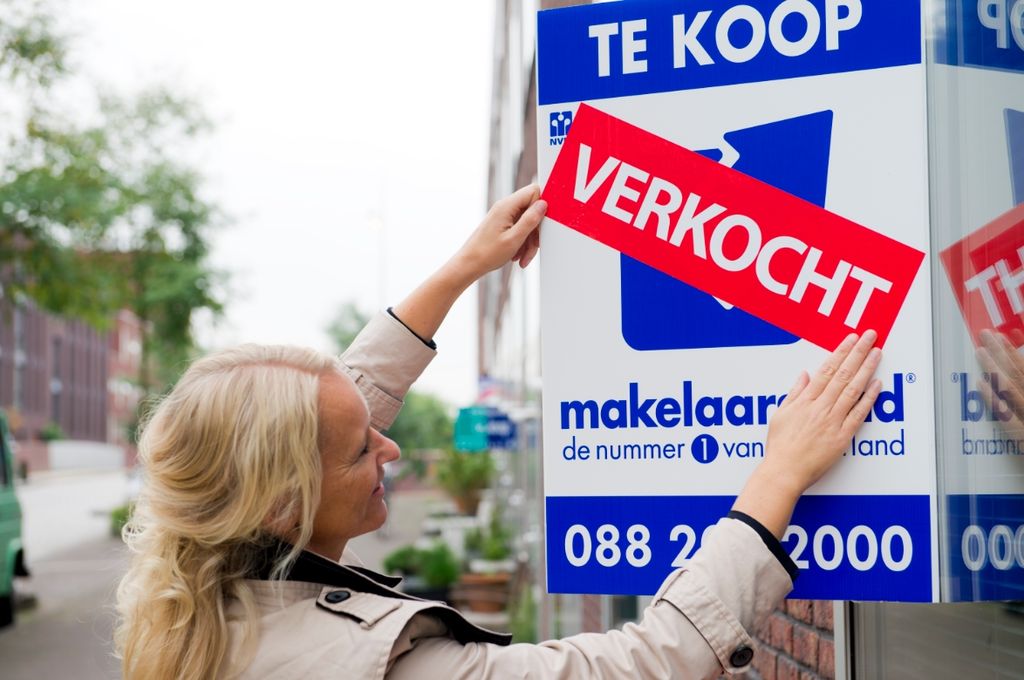Tired of throwing away your hard-earned cash on rent but not feeling wealthy enough to spend hundreds of thousands of euros buying a house in the Netherlands? Believe it or not, buying a house can actually save you some money in the long run.
Fair enough, getting a mortgage of €436,000 seems ludicrous when you spend two minutes in the supermarket trying to choose between spending €2.50 on Boursin or 90 cents on artificial garlic cheese.
Yes, I am that person, but at one point in my life, I also got a mortgage, and that turned out to be a life-changing, but a good, financial decision.
1. Mortgage costs are tax deductible — meaning you get some money back
Did you know that almost all mortgage-related costs are tax-deductible when applying for a mortgage?
Think of the advisory and mediation costs, the valuation report, the mortgage deed at the notary, and the costs for the NHG — all of these are tax-deductible.

Furthermore, the interest you pay is also tax-deductible for your own mortgage. In some cases, this lowers the monthly expenses significantly.
For example, someone who pays over €4,500 for such costs could have €3,500 returned after a few months by the tax office. This whole process will be taken care of by the mortgage intermediary.
2. A mortgage is an investment — unlike rent
Paying rent is always a necessity when you first arrive in the Holland.
However, after paying someone else’s mortgage for some time, it might be time to consider owning your own property in the Netherlands.
Many people are surprised that they have paid off quite a sizeable sum after a few years. Sometimes this is €20-30,000 in five years. That’s also real-life money flowing to your bank account if you decide to sell your house and move away from the Netherlands.
READ MORE | Interest, inflation, and lower house prices: what does this mean for Dutch housing?
Being an international isn’t an issue when it comes to getting a mortgage in the Netherlands.
3. Getting a mortgage now can save you money in the future
My pension could be healthier, so I’m keen to take care of my cash. But by opting to take out a mortgage now, I can save myself some financial burden in the future.
In 25 years, when I pay off my humble home, I can live mortgage-free, or sell it and use that money to sail around the world.

READ MORE | 7 Dutch cities to move to right now (recommended by mortgage experts)
Of course, it works the other way around as well. If you sell your house for less than you bought it for, you might be left with debt.
But as long as houses in the Netherlands are in strong demand — which they currently are — that shouldn’t happen anytime soon.
READ MORE | Your borrowing power for a Dutch mortgage in 2022
While the Dutch housing market is currently cooling down slightly, after eight years of boiling up, mortgage experts believe this won’t last for long.
4. Inflation will be on your side
Inflation means that money is less valuable over time — and we’ve all felt it this past year. But it’s important to remember that it also means certain items increase in value.

For example, if inflation rises by 2% per year, (or y’know, 17% — it’s not a weird number for the Netherlands), then a house purchased for €300,000 one year will be worth €306,000 the following year.
It’s worth noting, however, that while the rent you pay is adjusted for inflation, your mortgage isn’t.
For example, back in 2004, €500 a month was a lot to pay for a mortgage. Today, however, that’s a steal.
5. You can deduct your interest payments from tax
There’s one important Dutch word that you need to know when it comes to deducting your mortgage interest from tax: ‘hypotheekrenteaftrek‘ — take it in.
The best way to understand how the ‘hypotheekrenteaftrek’ works is through an example:
If someone pays €885 per month, they may get up to €330 back from the tax office each quarter to compensate for that. This is because the interest we pay on our mortgage can be taken from our income tax.
READ MORE | After buying a house in the Netherlands — the ultimate aftersale guide for expats
There are some maths involved when it comes to this, so it’s best to check in with your mortgage advisor. 😉
6. A new mortgage could stabilise your monthly expenses
If you’ve read any economic news in recent years, you’ve probably seen that interest rates, while they may be on the rise, are still low compared to the period before the financial crisis. But how can this help you stabilise your monthly mortgage payments?

Choosing to buy is a smarter move now than in the past few years because, with a more relaxed market, you can at least have the time to think about which property you would like to purchase — and maybe even negotiate on some occasions.
7. Current homeowners can also save money by buying a new house
Not only will new homeowners save money by buying a new house, but the same also applies to current homeowners.
Did you know that when you have locked your current interest rate, your mortgage can actually move with you to a new place? The Dutch call this the meeneem hypotheek which means, “take your mortgage with you.”
READ MORE | Buying an old vs. new house in the Netherlands: the key differences
How will this save you money? The answer lies in those lower interest rates from back in the day. With a meeneem hypotheek, you can buy a new place and enjoy the lower interest rate that applied a few years back.
However, if you need an additional mortgage to compensate for purchasing a new place, the additional amount will be based on the currently available rates.
Obviously, many factors come into play with all of this, and for quite a few of these steps, you would need some expert advice. It’s always important to have an expert on your side when you’re making such a major life decision.
Do you feel that you have saved money by buying a house in the Netherlands? Tell us your thoughts in the comments below!






Thank you for this article. Very helpful